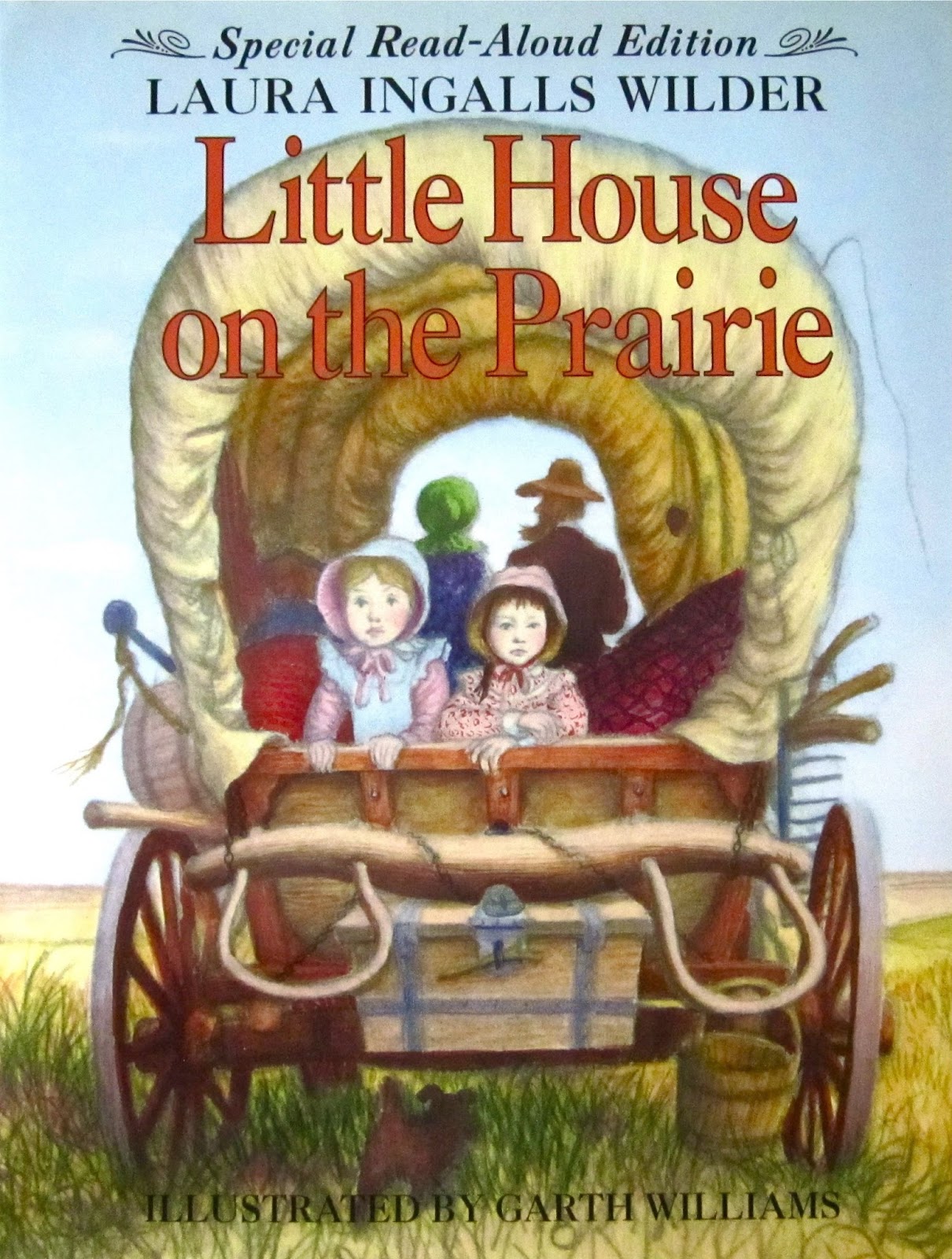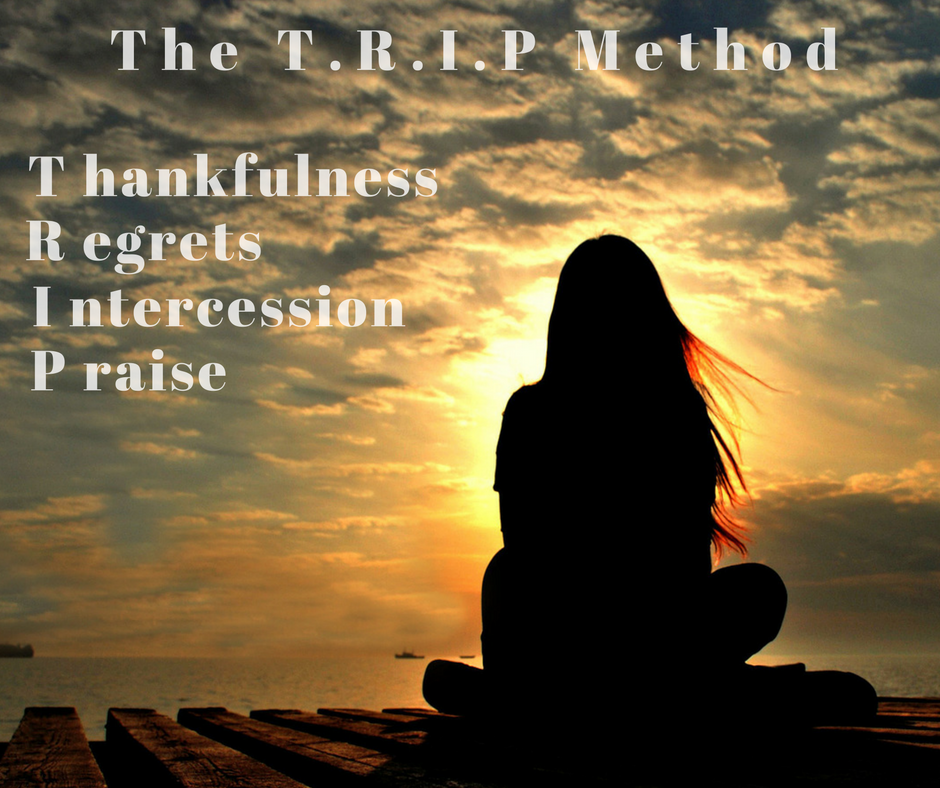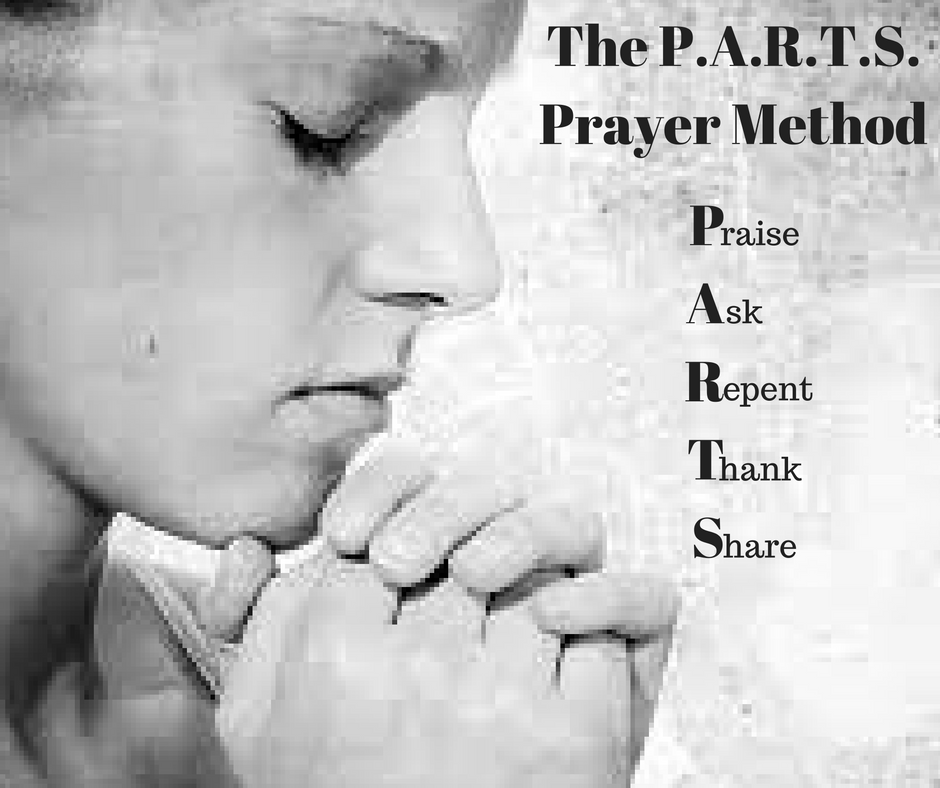
Read: Leviticus 13-15
I admit that I have always found Leviticus puzzling and dull to read through in the Bible. The law laid out isn’t a fun read to me. I just kind of bear it. This year as I walked through Leviticus, I saw it from a different perspective.
In Leviticus 13-15, for example, we read about what to do in order to be made clean before God due to illness (which isn’t an intentional “sin”). Being sick as I read it, this stuck out to me. I didn’t get sick on purpose, after all. Like all good germophobes, I did all I could to avoid sickness. In Levitical times, not only was the sick person declared unclean, anything that touched the sickness was also declared unclean. When the sickness had finally run it’s course, the unclean one(s) were instructed to make a sin offering before they could be right before God again.
Along the same vein, God had a lot to say about mold, mildew and fungus. There were rules upon rules of what to do and not to do when it came to the likes of mold, mildew, and fungus – on leather, on fabric, on houses. And there was a ritual that had to be observed before something that had been infected was declared clean again. Not the most engaging and riveting read, I know, but stick with me because…
As I continued reading, I began to see Leviticus less as the rule book I had always viewed it and more as a visual of how infectious sin is by demonstrating how quickly and easily it can transfer to someone or something else – like illness, like mold, like mildew, like fungus! And God provided this visual at a very strategic time in His children’s history. He was in the process of giving His kids the land He had promised their forefathers; a land flowing with milk and honey, yes, but also infected with idolatry and every form of sin known to man.
It was as if God was saying, As you take possession of this land I promised you, be careful. Sin is contagious – like illnesses. Like mold and mildew. Like fungus. And while you’re cleaning the place of this stuff, I don’t want you to become i n f e c t e d by it.
Now, read Matthew 27.
Thought to Ponder
How does the Matthew 27 text correlate to the reading in Leviticus?
I am embracing feedback this year, so please share yours in the comments – the good, the bad, the indifferent! I’d love to hear your perspective.

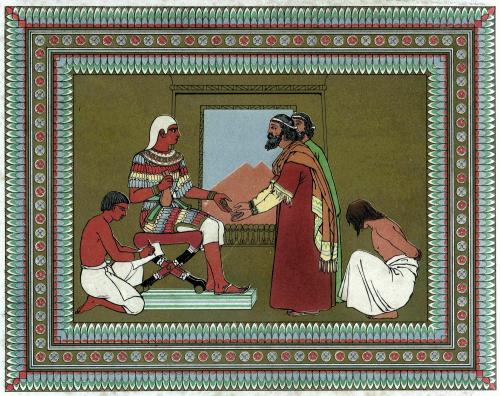

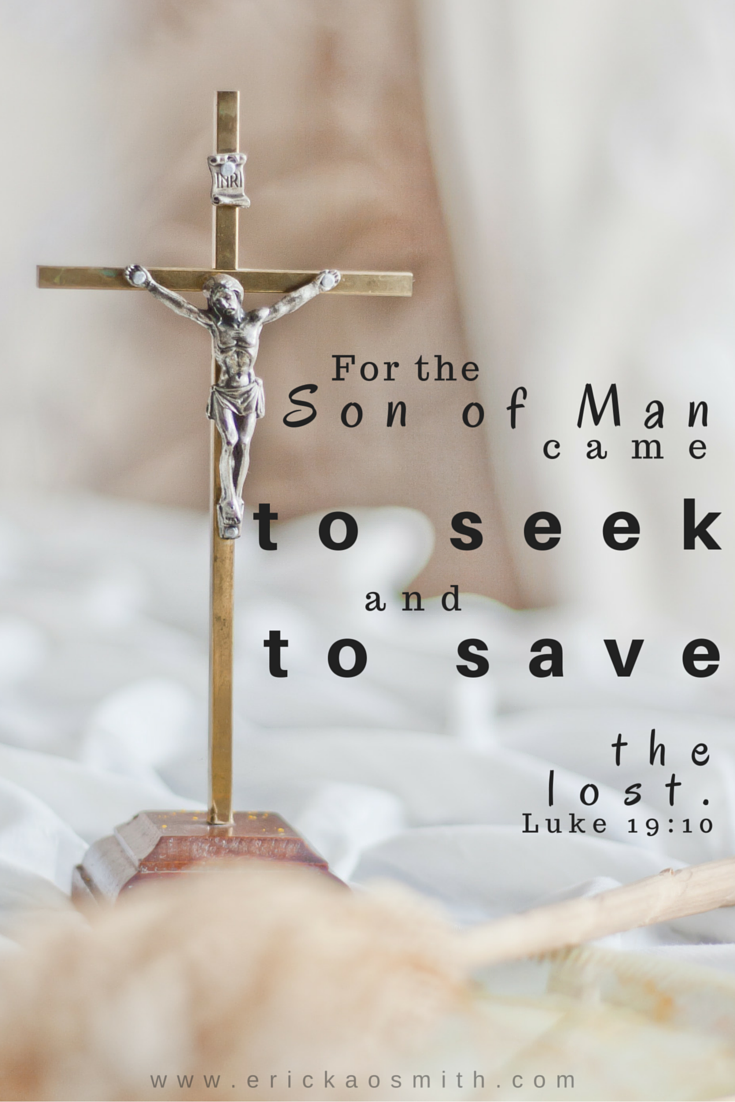
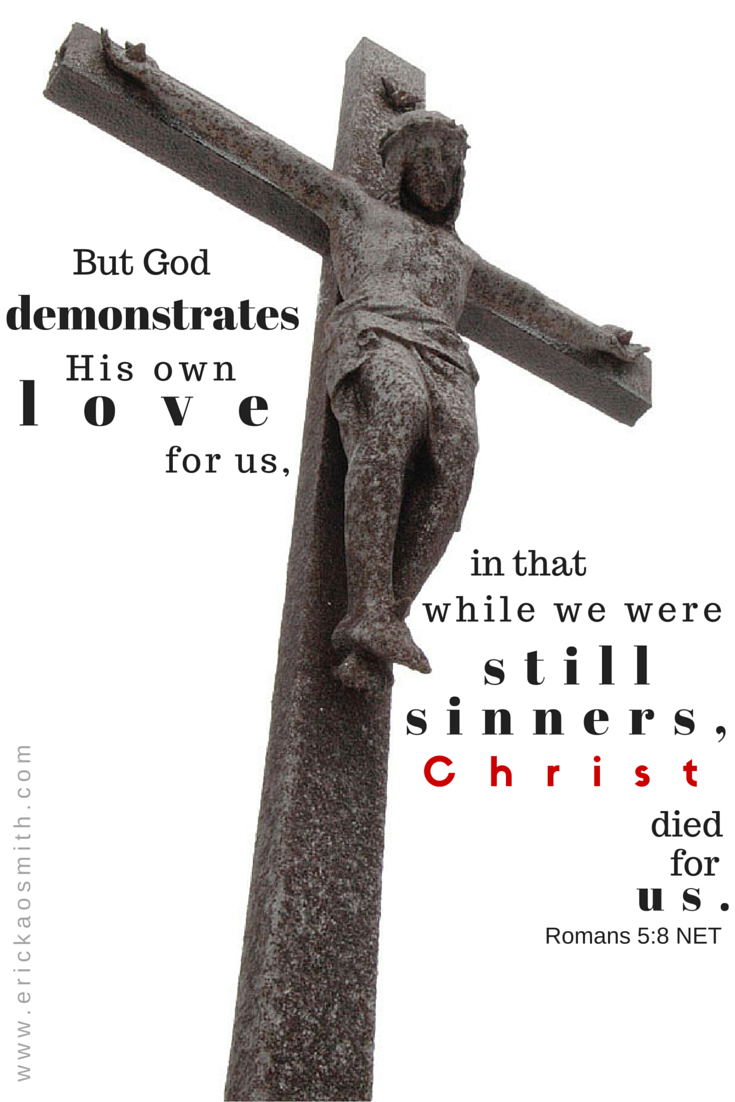
 Read Luke 2:1-20.
Read Luke 2:1-20.

